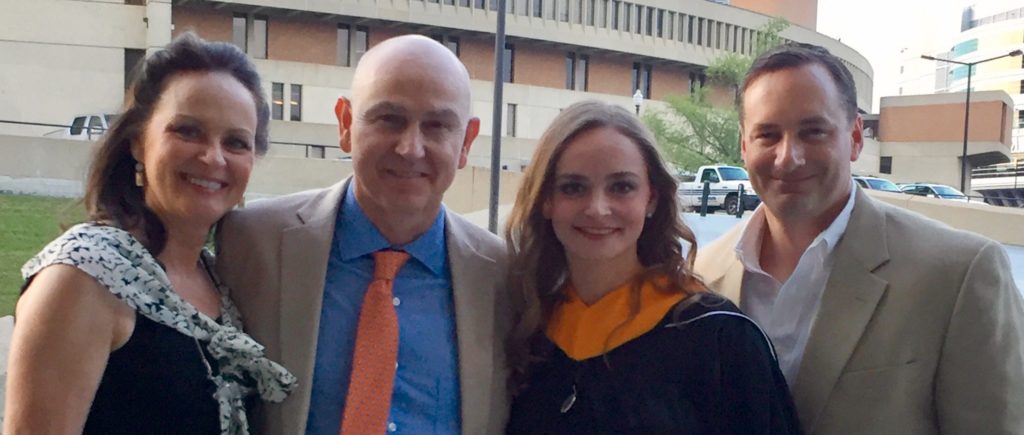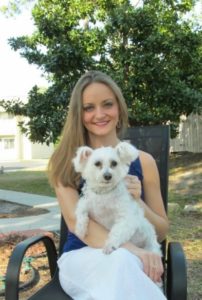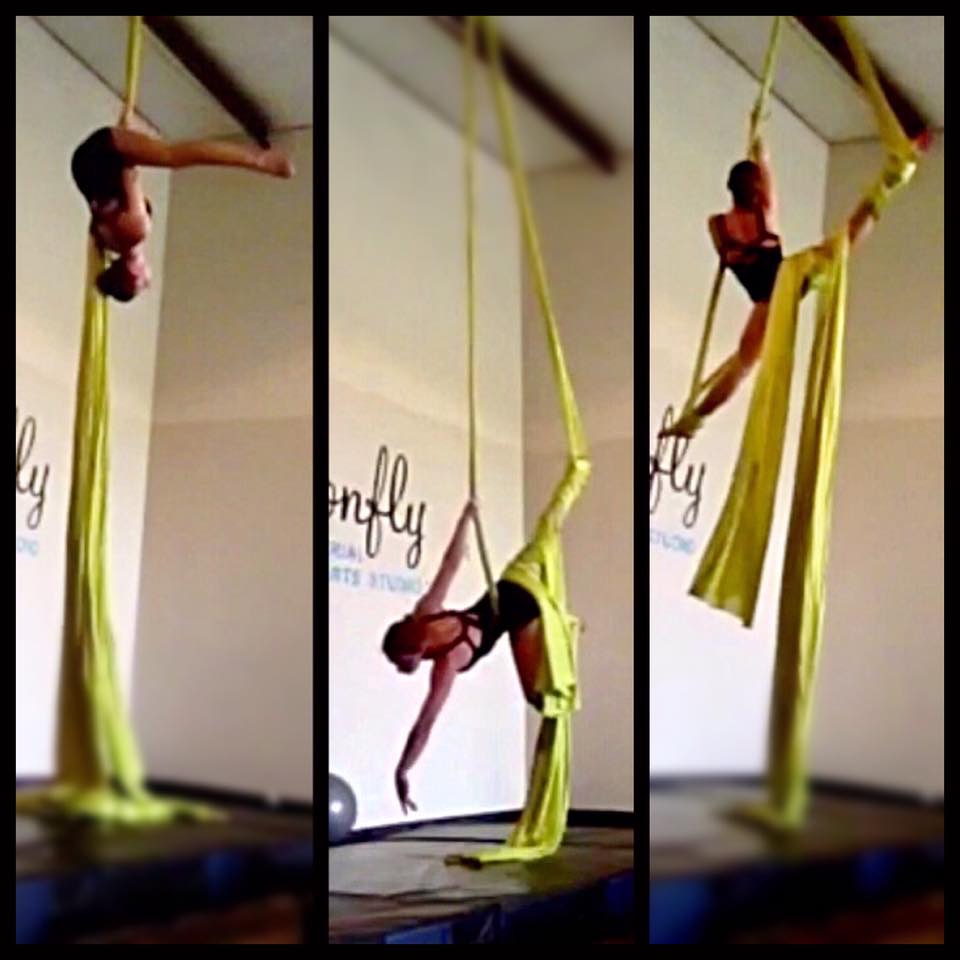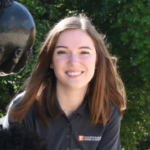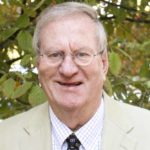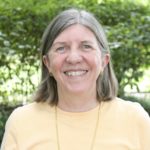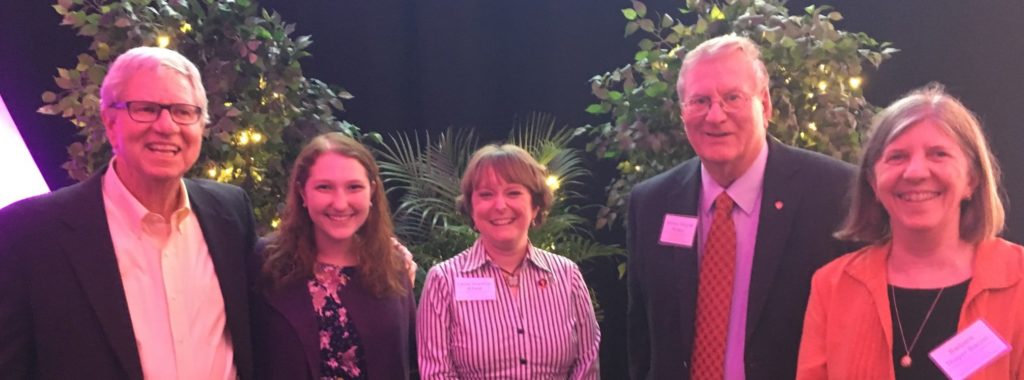Eighteen members of EPC were commended at the College of Education, Health, and Human Sciences Faculty and Staff Recognition Ceremony on April 27, 2017.
To see photos from the event, please go to the “EPC at the 2017 CEHHS Faculty & Staff Recognition Ceremony” album on our EPC Facebook page.
Awards
College Senate Departmental Staff Award
Recognizes a departmental-level non-exempt staff person who has provided exceptional contributions to his/her department (going above & beyond job expectations to accommodate students and faculty, contributing to a positive and supportive work culture and environment).
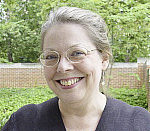
April Phillips
Administrative Coordinator III
Helen B. Watson Faculty/Student Award for Outstanding Doctoral Dissertation
Awarded to a student and the faculty member who directed the outstanding doctoral dissertation within the departments of Educational Leadership and Policy Studies; Educational Psychology and Counseling; Kinesiology, Recreation, and Sport Studies; or Theory and Practice in Teacher Education.
 Dareen Basma
Dareen Basma
PhD in Counselor Education (’16)
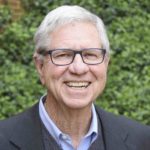 Robert Kronick
Robert Kronick
Professor in Counselor Education
“Working with Dareen Basma was an incredible experience. Her dissertation is a work of art. Her position at Carnegie Mellon speaks to her personal and professional acumen. The award is an affirmation of her work.”
Helen B. Watson Outstanding Faculty Research Award
Awarded to a full-time faculty member or team within the departments of Educational Leadership and Policy Studies; Educational Psychology and Counseling; Kinesiology, Recreation, and Sport Studies; or Theory and Practice in Teacher Education.
 Robert L. Williams
Robert L. Williams
Professor in School Psychology
“I deeply appreciate the initiative of close colleagues in transmitting information regarding my work to the College Senate for consideration for the two awards I received.”
John H. Tunstall Outstanding Faculty Award
Awarded to an outstanding faculty member who is involved in the preparation of teachers, administrators, or others entering the field of education. The faculty member shall have a distinguished record in teaching, research, or community service or any combination of the three.

Lauren Moret
Assistant Professor in Evaluation, Statistics & Measurement
John H. Tunstall Outstanding Staff Award
Awarded annually to a staff member who has executed their duties in an exemplary manner in support of those programs which prepare “teacher, administrators, or others entering the field of education.”
 Synthia Clark
Synthia Clark
Administrative Specialist I
“Being part of Let’s Talk QUAL with with Lauren and Duncan has been such a pleasurable and rewarding experience! This initiative has pushed my design, research, and presentation skills.
Louie M. and Betty M. Phillips Faculty Support in Education Award
Awarded to a faculty member in the College of Education, Health, and Human Sciences related to the preparation of teachers involved in K-12 education. This award serves to highlight outstanding research and teaching efforts.

Robert L. Williams
Professor in School Psychology
“I deeply appreciate the initiative of close colleagues in transmitting information regarding my work to the College Senate for consideration for the two awards I received.”
Recognition
Casey A. Barrio Minton
Associate Professor in Counselor Education
– Recognized under Editors/Co-Editors of Peer Reviewed Publications for being Editor-in-Chief of Journal of Counselor Leadership & Advocacy
– Recognized under Presidents of National/International Professional Organizations for being President-Elect of Southern Association of Counselor Education & Supervision
– Recognized under Recipients of National/International Professional Awards for Arthur A. Hitchcock Distinguished Professional Service Award from American Counseling Association
Synthia Clark
Administrative Specialist I
– Recognized under Support Staff Awards and Certifications for UT Employee and Organizational Development Certificates in Customer Relations and Communications
Gail Cope
Center for Literacy, Education & Employment
– Recognized under 2016-17 Faculty & Staff Retirements (1977-2017)
Lisa Crawford
Associate Director of Center for Literacy, Education & Employment
– Recognized under Grants and Contracts Recipients for the Tennessee Department of Education Regional Educator Summits, SCORE, $281,672
Melinda M. Gibbons
Program Coordinator & Associate Professor in Counselor Education
– Recognized under Editors/Co-Editors of Peer Reviewed Publications for being Associate Editor of Professional School Counseling Journal
Aaron Kohring
Director of Center for Literacy, Education & Employment
– Recognized under UT Support Staff Service Awards for fifteen years of service
Robert Kronick
Professor in Counselor Education & Director of University-Assisted Community Schools
– Recognized under Chancellor’s Honors Awards for the Excellence in Academic Outreach
R. Steve McCallum
Professor for School Psychology
– Recognized under Editors/Co-Editors of Peer Reviewed Publications for being Co-Founder & Consulting Editor of Journal of Psychoeducational Assessment
– Recognized under Authors/Editors of Books and Assessments for Handbook of Nonverbal Intelligence (2nd ed). New York: Springer.
– Recognized under Recipients of National/International Professional Awards for Distinguished Alumni Award from University of Georgia
S. Wayne Mulkey
Clinical Professor & Co-Program Coordinator in Rehabilitation Counseling
– Recognized under Chancellor’s Honors Awards for the Extraordinary Service to the University
April Phillips
Administrative Coordinator III
– Recognized under 2016-17 Faculty & Staff Retirements (1983-2017)
Shawn L. Spurgeon
Program Coordinator & Associate Professor in Clinical Mental Health Counseling
– Recognized under Presidents of National/International Professional Organizations for being Board of Directors of National Board for Certified Counselors
– Recognized under Presidents of National/International Professional Organizations for being Past-President of Southern Association for Counselor Education and Supervision
Qi Sun
Program Coordinator & Associate Professor in Adult Learning
– Recognized under Editors/Co-Editors of Peer Reviewed Publications for being Co-Editor of Journal of Research and Theory
Barbara Thayer-Bacon
Program Coordinator & Professor in Learning Environments & Educational Studies/Cultural Studies of Educational Foundations
– Recognized under Editors/Co-Editors of Peer Reviewed Publications for being Editor-in-Chief of Studies in Philosophy and Education
– Recognized under Authors/Editors of Books and Assessments for Relational Ontologies. New York: Peter Lang Publishers.
– Recognized under Chancellor’s Honors Awards for the Excellence in Advising Award
Laura S. Wheat
Assistant Professor in Counselor Education & Coordinator of Grief Outreach Initiative
– Recognized under Chancellor’s Honors Awards for the Extraordinary Community Service Award
Connie White
Associate Director of School & Family Programs for Center for Literacy, Education & Employment
– Recognized under Grants and Contracts Recipients for the Tennessee State Personnel Development Grant, Tennessee Department of Education, $2,332,268
– Recognized under UT Support Staff Service Awards for twenty-five years of service
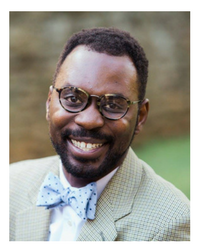 “I’m awestruck at the opportunity to receive this award. It’s an honor to be presented a chance to use research and education in a way that advocates for underrepresented communities within our local, regional, and national environment. It feels encouraging as this award is a conglomeration of my efforts and the many efforts of others who have mentored me and guided me along the way.”
“I’m awestruck at the opportunity to receive this award. It’s an honor to be presented a chance to use research and education in a way that advocates for underrepresented communities within our local, regional, and national environment. It feels encouraging as this award is a conglomeration of my efforts and the many efforts of others who have mentored me and guided me along the way.”
